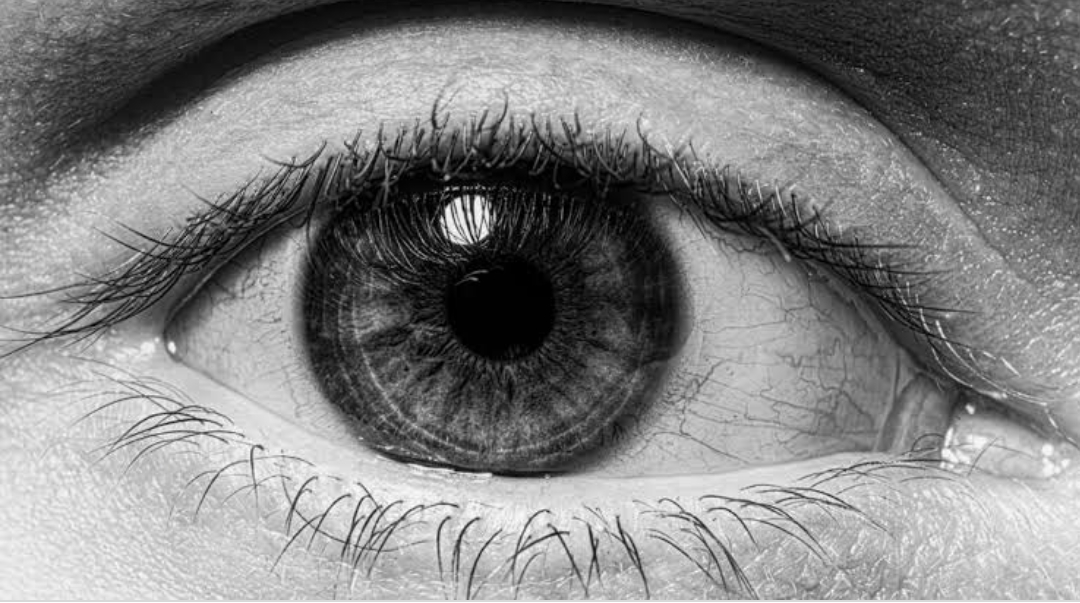
Alternative treatments for Glaucoma beyond surgery, medication, and lasers
A wide variety of treatment options for glaucoma are available, ranging from conventional glaucoma medications and surgeries to more advanced minimally invasive glaucoma procedures (MIGS, i.e. canal plastics and stents). Some patients with glaucoma may use complementary and alternative medicine (CAM) to supplement the medication prescribed for glaucoma. These methods are designed to lower Intraocular pressure (IOP) and sometimes patients opt for or ask for alternative treatments for glaucoma that do not work to lower IOP.
These common alternative methods or additional routes for treatment of glaucoma are marijuana, ginkgo, biloba, memantine, acupuncture, meditation, blood pressure modification or certain therapeutic supplements.
Marijuana
Even though marijuana does not lower IOP and is legal in some of the countries to use, the duration of the effect is very short (3hours). This means patients would require to use the drug continuously for it to work. Disadvantages of using Marijuana for treatment of glaucoma are Concurrent lowering of the pressure of the ocular perfusion by increasing blood pressure and addiction.
Ginkgo
This is a herbal supplement extracted from the ginkgo tree leaves, and has been used for 5000 years in Chinese medicine. The herbal compounds contain flavonoids, lactones, and cyanidins — all of them antioxidants. Although the exact workings of these molecules have not been completely developed, they may be helpful in the treatment of Alzheimer’s disease, stroke and probably glaucoma. A study that supported the use of ginkgo appeared in ophthalmology patients with glaucoma with a significantly affected mean deviation from pretreatment were instructed to take ginkgo for 4 weeks, and improved visual fields were observed with a significant decrease in mean deviation.
Memantine
Memantine acts by blocking the calcium channels in the retinal ganglion cells to avoid apoptosis, Lin explained. “The apoptotic cascade starts with calcium inflow into the retinal ganglion cells; memantine begins early in the cascade to avoid cell damage and death. Memantine appeared to be a promising alternative at 1 point and was tested for 5 years in a large clinical trial, however in preventing development neither dose of the medication was superior to placebo.
Acupuncture
Acupuncture has been used to treat glaucoma, but in a new study by the University of California, Los Angeles, there were no effects on IOP reduction, visual fields, or nerve scans. In fact, after the acupuncture sessions, we saw small increases in the IOP. In the non-eye-related treatment group the blood pressure was lower. Higher blood pressure for glaucoma patients may be detrimental to their perfusion in the optic nerve.
Medications
Certain medications available that patients might consider counteracting progressive glaucoma include black currant, Mirtogenol tablets (a combination of blueberries and pine bark extract), palmitoylethanolamide, and omega-3 fatty acids. Small studies have shown that they are capable of reducing IOP, increasing ocular blood flow or being neuroprotective.
The continuous development and advancement of Alternative treatments for Glaucoma, new surgical options, as well as new drugs and drug delivery systems, means doctors have more tools than ever before for treating glaucoma patients.









